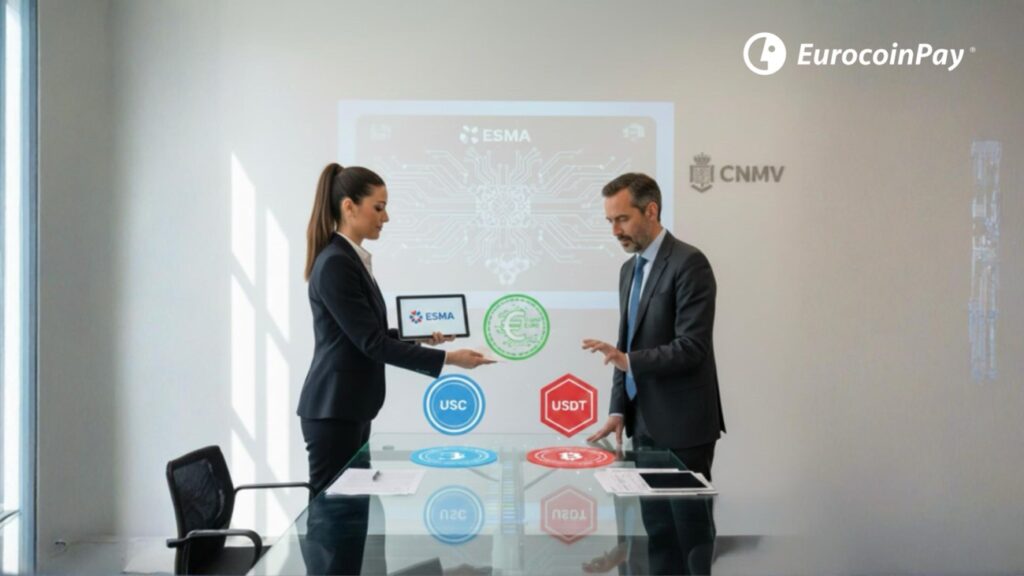In the world of cryptocurrencies, two types of tokens are gaining more and more attention: Security Tokens and Commodity Tokens. While both fall under the umbrella of digital assets, understanding their differences is crucial to making informed decisions as an investor.

What are Security Tokens?
Imagine owning shares in a company, but in digital form. Security tokens represent traditional financial assets, such as stocks, bonds or derivatives, tokenised on the blockchain. By investing in them, you not only acquire ownership, but you can also expect to earn a return in the form of dividends, capital appreciation or token price appreciation.

What are commodity tokens?
Commodity tokens, on the other hand, represent commodities such as gold, oil, coffee or grain. They function as a tool to facilitate the trading of these assets, digitising them and making them more accessible. Unlike Security Tokens, they are not considered as investments with expected returns, but their value is based on the actual price of the commodity they represent.
Key differences
- Purpose: Security Tokens focus on investment and profit-making, while Commodity Tokens facilitate the exchange of commodities.
- Regulation: Security Tokens are subject to stricter regulations similar to traditional securities, while Commodity Tokens are generally considered fungible commodities and are not subject to the same restrictions.
- Examples: Security Tokens include tokenised shares, real estate tokens or debt tokens. Examples of Commodity Tokens include Digix Gold (DGX), which represents digital gold, or Tether Gold (XAUt), which is linked to the price of physical gold.
What should I invest in?

The decision to invest in Security Tokens or Commodity Tokens depends on your financial goals and risk tolerance.
Security Tokens: If you are looking for investment opportunities with long-term profit potential, Security Tokens can be an attractive option. However, be aware that they are subject to more complex regulations and carry greater risk.
Commodity Tokens: If you are interested in facilitating commodity trading or hedging against inflation, Commodity Tokens could be an interesting alternative. However, remember that their value is linked to the price of the commodity they represent, which implies volatility.
Disclaimer: The information set out herein should not be taken as financial advice or investment recommendations. All investments and trading involve risk and it is the responsibility of each individual to do their due diligence before making any investment decision.




